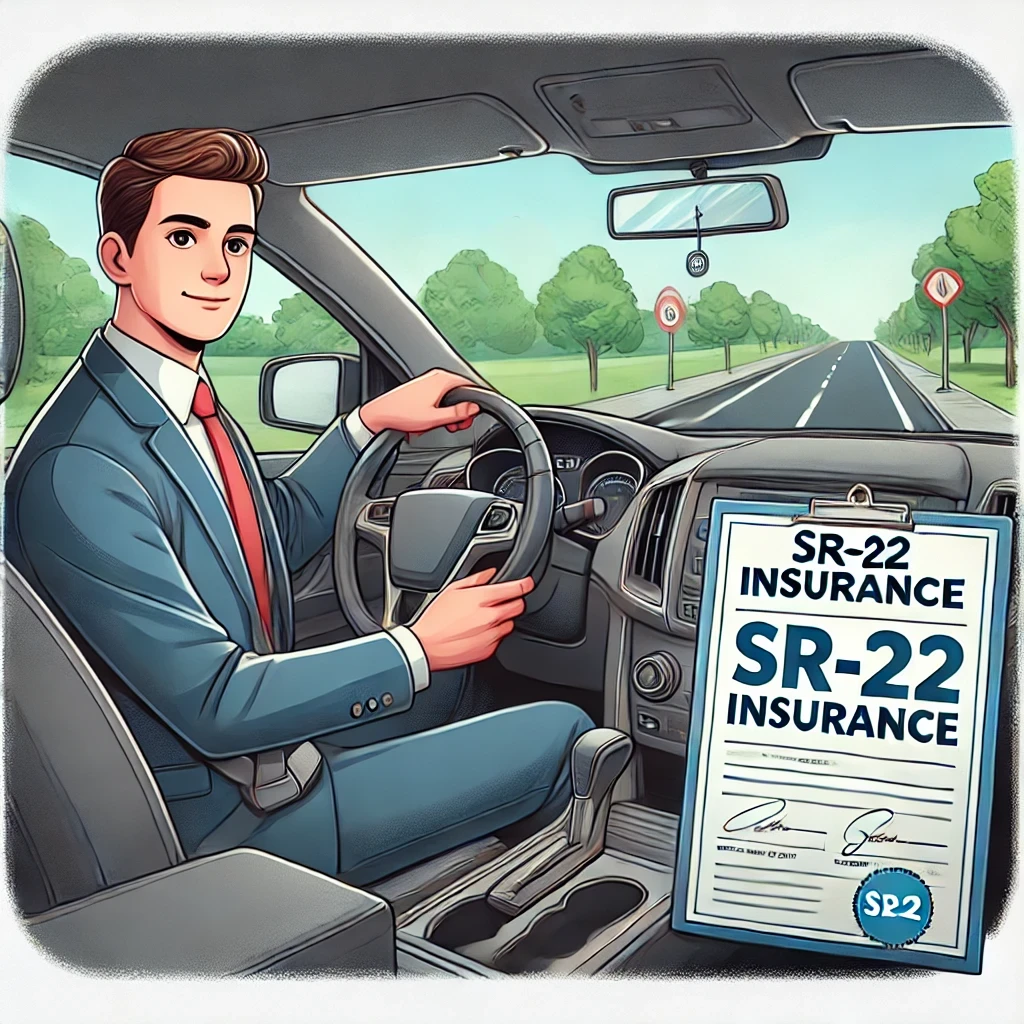
SR-22 insurance is a legal requirement for certain high-risk drivers in California. If you’re required to file an SR-22 but fail to do so, you could face serious consequences that impact your driving privileges, finances, and even your future insurance costs. Here’s what happens if you don’t get SR-22 insurance when required.
1. License Suspension or Revocation
The California DMV requires SR-22 insurance for drivers who have had serious violations, such as DUIs or reckless driving. If you don’t obtain an SR-22 when required, your driver’s license may be suspended or revoked until you comply. This means you won’t be legally allowed to drive until your SR-22 is filed and active. Click on the link to learn more about SR22 in California.
2. Extended SR-22 Requirement
Most SR-22 requirements last three years, but if you fail to maintain continuous coverage, the clock could reset. For example, if your SR-22 lapses after a year, you may have to restart the full three-year period, costing you more time and money in the long run.
3. Higher Insurance Premiums
Failing to file an SR-22 makes you an even riskier driver in the eyes of insurance companies. As a result, your insurance premiums could skyrocket once you do get coverage. Some insurers may even refuse to provide a policy, limiting your options to high-risk, more expensive providers.
4. Additional Fines and Legal Penalties
If your SR-22 requirement stems from a court order, failing to comply could result in hefty fines, additional penalties, and even jail time in some cases. Courts take non-compliance seriously, especially if your offense involved reckless or impaired driving.
5. Ineligibility for License Reinstatement
If your license is already suspended, an SR-22 is typically required for reinstatement. Without it, you won’t be able to drive legally, and attempting to do so without a valid license can lead to even more severe legal trouble.
How to Avoid These Issues
To stay compliant and avoid unnecessary costs or penalties:
Get an SR-22 policy from an insurer that offers it. Maintain continuous coverage – no lapses! Pay your premiums on time to keep your policy active. Check with the DMV to confirm when your SR-22 requirement ends.
How Long Will You Need SR22 Insurance For?
Suddenly, when you have another expense to pay, you want to know how long it will last. Indeed, when you’ve been advised to get SR-22 insurance, you want to know how long this is going to be an obligation. The duration of SR22 insurance will depend on the requirements of California and the severity of your offence. For example, if you have a DUI offense and this is why you need this cover, this could be around three years. However, if you’ve been caught for something even more serious, such as reckless driving, you might need SR-22 insurance for around five years. Know that SR-22 insurance isn’t something that you need for a lifetime.
Note that if you’re caught for another offense during this time, you might have to extend how long you have SR-22 insurance. For instance, if you’re involved in an accident or get a ticket. This means that it’s going to be your responsibility to get insurance for the amount of time necessary. Often, you’ll be told how long you need it for.
There are some providers that will keep your SR-22 insurance running. In other words, they won’t cancel your policy. But, if you find that the policy lapses, this means that your license can be suspended by the DMV. Therefore, it’s going to be your responsibility to make sure that your policy continues for as long as you need it if you want to keep driving. Always make sure that you keep up with your payments and know when you have to renew the policy.
Final Thoughts
Not getting SR-22 insurance when required can lead to license suspension, legal trouble, and even more expensive insurance rates. The best way to avoid these consequences is to comply with the SR-22 requirement as soon as possible and keep your coverage active for the entire mandated period.
If you’re unsure about your SR-22 status or need help finding affordable coverage, consider reaching out to an insurance agent who specialises in high-risk policies.

